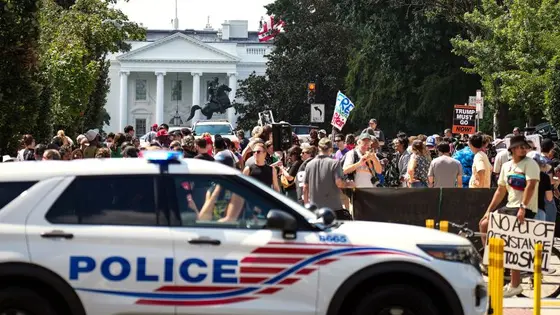T4K3.news
DC crackdown tests limits of local policing
A former Capitol Police officer warns that President Trump's plan to deploy the National Guard and take over the DC police could erode trust with residents.
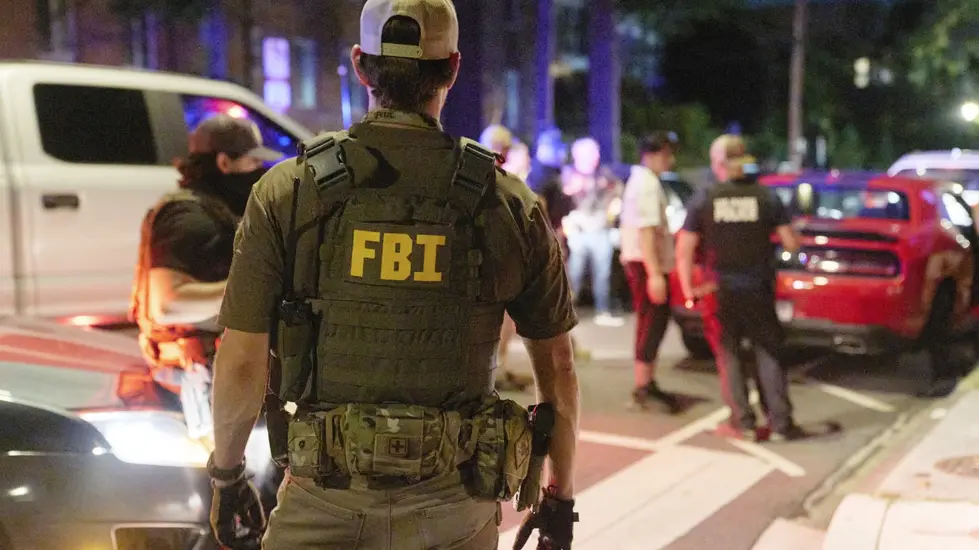
A former Capitol Police officer warns that President Trump's plan to deploy the National Guard and take over the DC police could erode trust with residents.
DC crackdown tests limits of local policing
President Trump announced plans to deploy the National Guard and rely on the Metropolitan Police Department for at least 30 days to crack down on crime in Washington, DC. He said officers would be allowed to do "whatever the hell they want." NPR reports the move comes as crime data shows DC crime is down from last year. Local officials say the plan moves ahead despite no current emergency and despite a 30-year low in some crime categories.
Dunn, a former Capitol Police officer, warns the approach could undermine police-community relations. He says "the whole thing about doing whatever the hell they want" is not helpful, and that the National Guard lacks training in de-escalation and crisis response. He adds that homelessness issues around the Capitol require humane, targeted strategies rather than broad deployment. The data on crime in DC shows declines, and critics say policy should be guided by data rather than rhetoric.
Key Takeaways
"The whole thing about doing "whatever the hell they want" to do, as he put it, that's very problematic for police"
Dunn critiques the policy rhetoric
"A hammer when a screwdriver is needed"
Dunn uses a metaphor to critique the strategy
"The National Guard has not been trained on how to deal with community relations"
Dunn notes training gaps
"If it's down, then why bring in the National Guard"
Dunn questions the justification
Beyond the numbers, the plan tests the politics of policing. A show of force from federal troops in a city with a strong tradition of local control raises questions about civil liberties, accountability, and the risk of malice slipping into well-intended action. The policy could damage long-standing trust between police and residents, especially in communities already wary of heavy-handed tactics.
Data matters here. DC crime is trending down, and officials say the murder rate is down. The debate should hinge on precise, rights-respecting tools like crisis intervention and targeted patrols rather than blunt force. The episode signals a broader struggle about who polices whom and under what rules. If the aim is safety, it must also protect rights and push for training, oversight, and community voices.
Highlights
- A hammer when a screwdriver is needed
- Crime data does not justify a full takeover
- Trust is the real casualty of this plan
- Crisis training beats blanket force
National Guard deployment in DC raises civil rights concerns
The plan to deploy federal troops to support local police raises civil liberties questions and may affect local governance and community trust. It also introduces political sensitivities and potential public backlash.
Safety must respect rights even as it protects people.
Enjoyed this? Let your friends know!
Related News
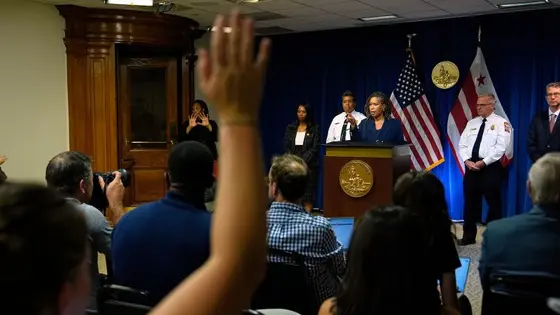
Bowser weighs response to federal policing in DC
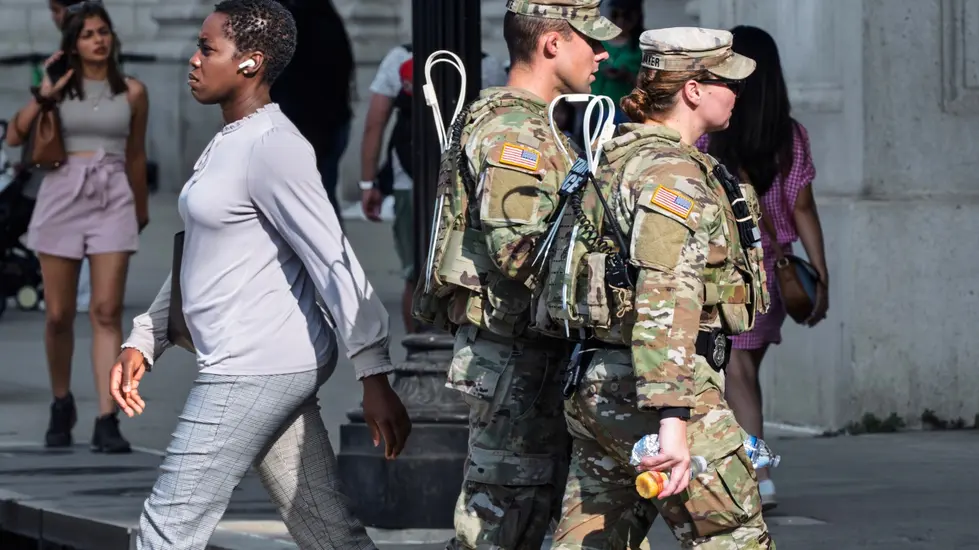
Federal police powers take hold in DC
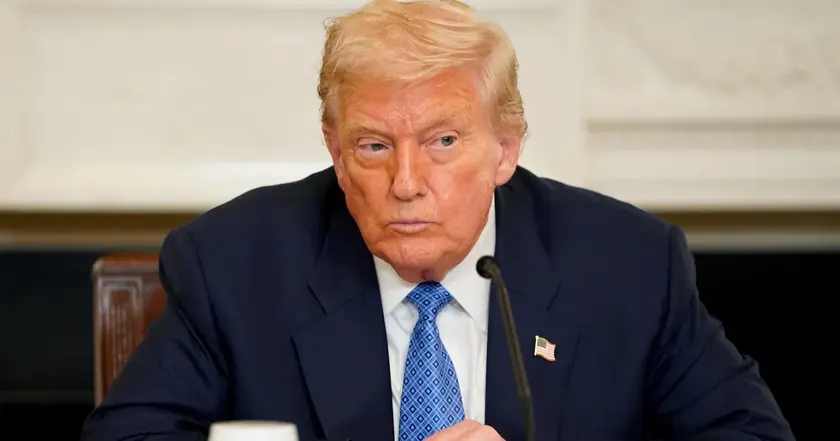
Federal questions unfold in DC
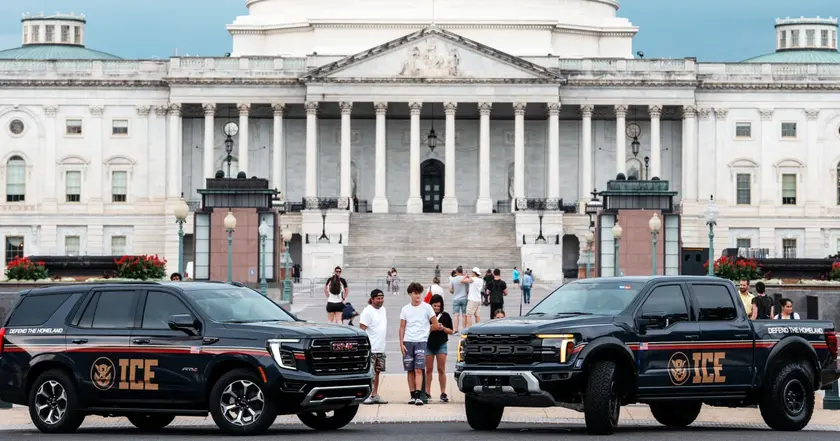
DC police to boost ICE cooperation
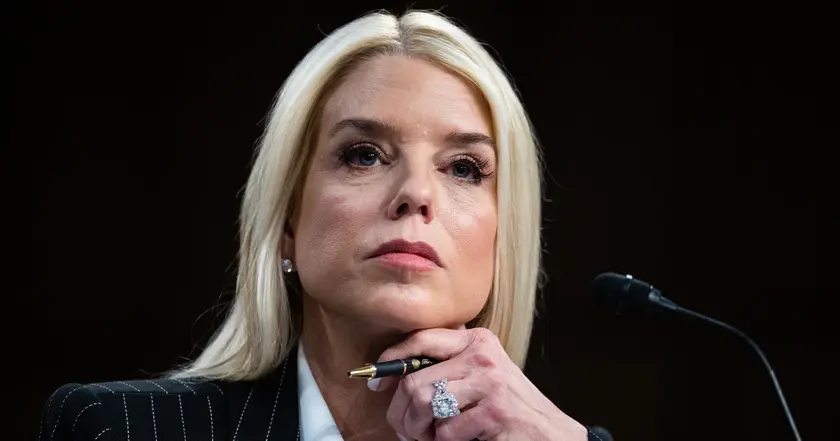
Bondi names DEA head as emergency DC police chief
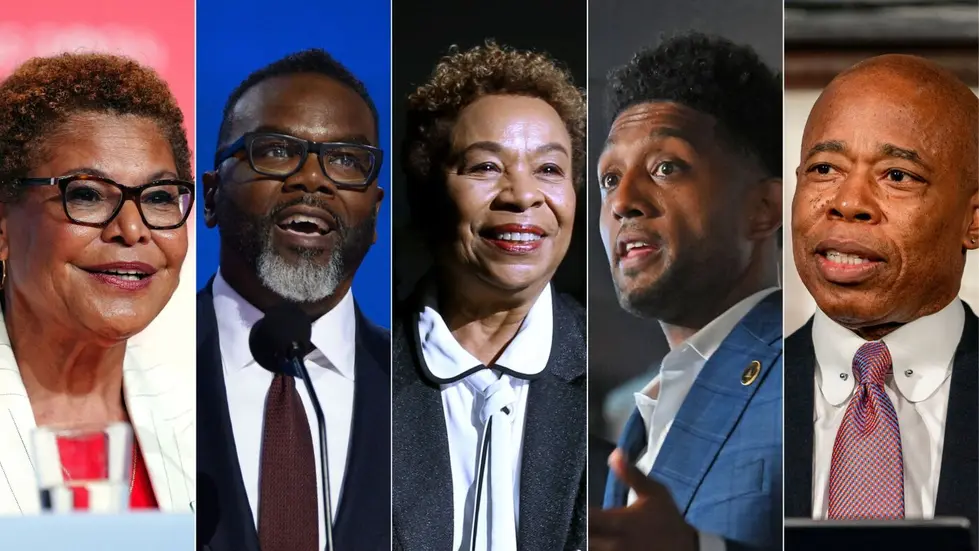
Blue city mayors push back against Trump's plan to federalize DC police
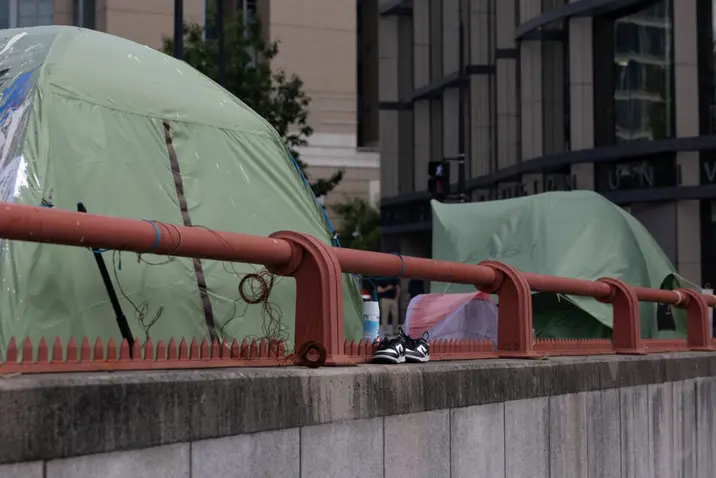
DC homeless relocation plan under federal review
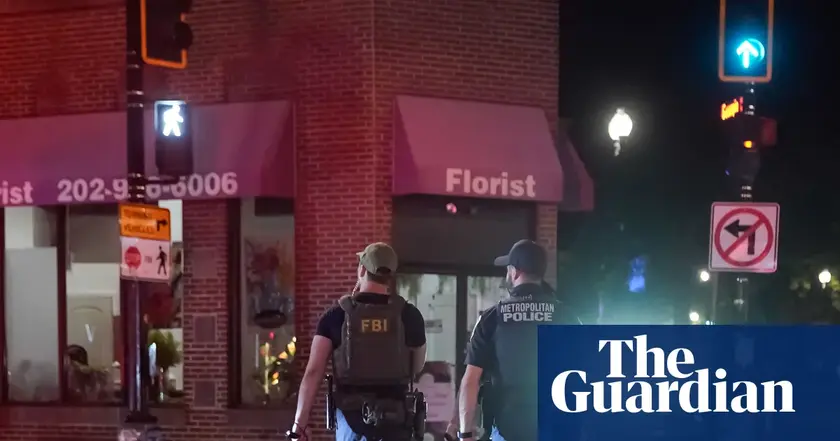
Sandwich attack case moves forward
